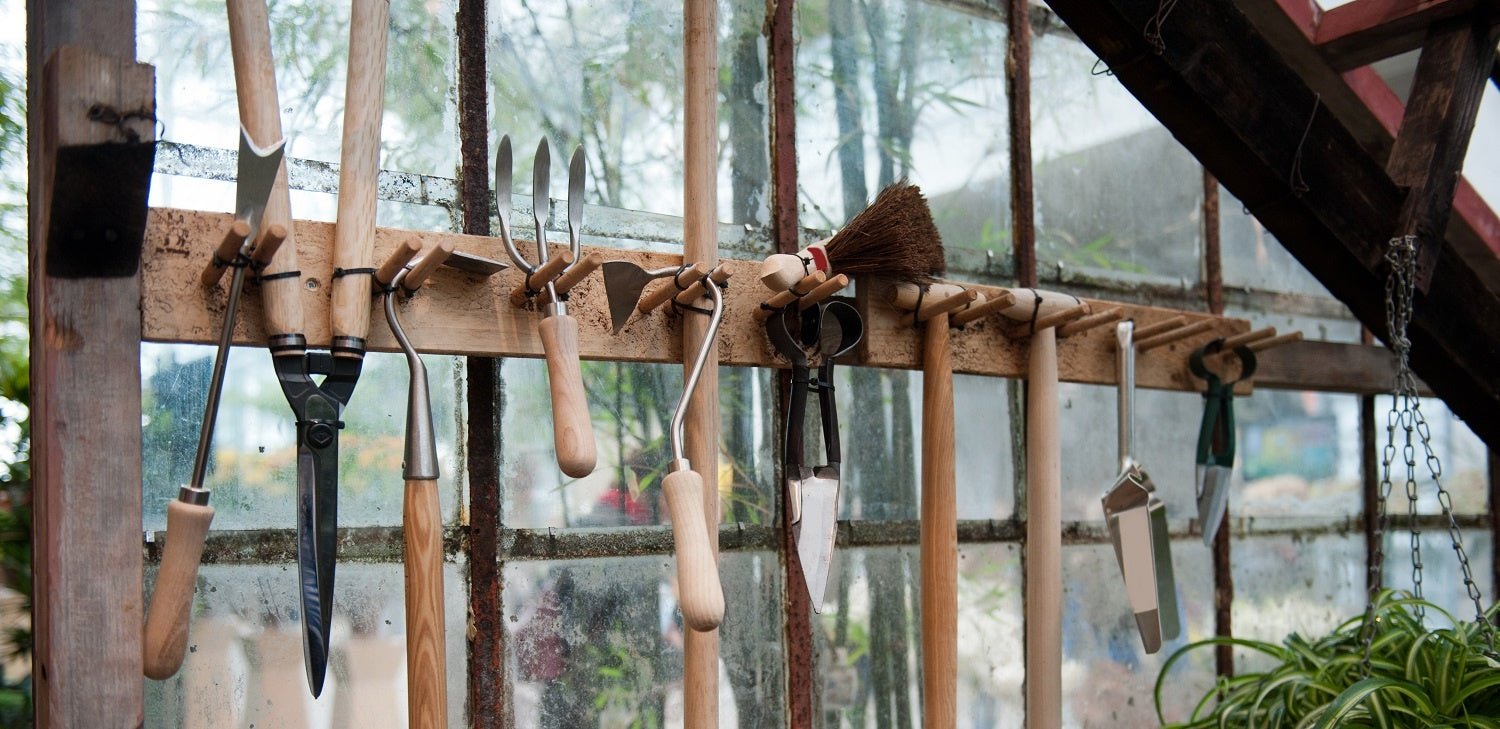
Organic Gardening Chores You Must Do in November, December & January
More than likely, your garden has by now been hit hard by frost. It’s time to look forward to the quiet and reflection the winter months provide.
n
By Nature's Path
Tags:
More than likely, your garden has by now been hit hard by frost. It’s time to look forward to the quiet and reflection the winter months provide. This list of organic gardening chores is loosely based on Zone 5. Check this map for your zone. Adjust for your zone or micro-climate.
November: There are still gardening chores to do!
In November, finish cleaning up your garden beds before the snow flies.- Prune back dead and diseased wood on trees and shrubs. If you had bug or disease issues, pull those plants, rake up the mulch in those beds, and dispose of it. If you compost it, you will only be perpetuating disease next year.
- Cover your beds with compost and/or mulch for added nutrients and to protect the soil from erosion and damage from the winter elements.
- After the ground freezes, mulch your roses with straw or hill the soil up around the base to a depth of 12”. Also cover your strawberries with 5” of straw mulch.
December: Maintain tools & start planning.
- In December, clean your gardening tools and put them away for winter. Tools in good shape work better and last longer. Get out your snow removal tools and equipment, inspect them, and put them where they are easy to get to in a blizzard. I’m sure you’ve had to trudge through a foot or two of snow to get to your shovel, right? I have!
- One of my favorite Christmas presents from my mother was a bowl I’d been coveting for years, filled with rocks, water, and paperwhite narcissus bulbs. It didn’t look like much, but in the dead of winter, I had the most aromatic flowers on my kitchen table. Forced bulbs help you beat the winter doldrums, and as you can see, they make easy and inexpensive gifts.
- Seed catalogs start coming in this month, so start planning for next year. If you didn’t keep a garden journal for last season, now is the time to start one for the future. Make it plain or fancy, but just take notes on what works and what doesn’t. This information is invaluable this time of year as you dream about the upcoming season.
January: Time to choose your seeds.
January is time to unwind from the holiday madness, peruse your seed catalogs, and get serious about planning your gardens. Plan your hardscaping projects as well.- Keep your bird feeders full, and sprinkle birdseed on the ground for ground feeders like Juncos. This is especially important when it snows.
- The last Saturday of January is National Seed Swap Day. Find an event near you, or organize one yourself. Even though it could be the worst part of winter, gardeners are eager to get seed and make plans, so this is actually a great time of year for a seed swap.
Enjoy your quiet time now, and rest up for a productive season next year!
Would you like to be the first to hear about our new products and more? Sign up for our Nature’s Path Newsletter.






